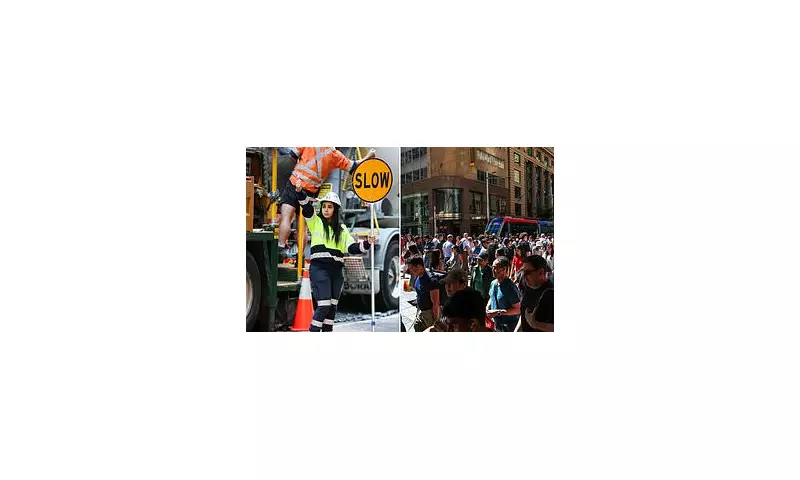
Australia's addiction to cheap migrant labour has reached a breaking point, with the country's so-called 'visa factory' now facing severe backlash. The rapid influx of foreign workers, initially welcomed to fill labour shortages, has led to unintended consequences including overcrowded cities, soaring house prices, and overwhelmed public services.
The Visa Boom Backfires
Recent data reveals Australia granted a staggering number of visas last year, far exceeding initial projections. While this temporarily eased workforce gaps, critics argue the system prioritises quantity over quality, flooding the market with low-skilled workers while failing to address long-term economic needs.
Strain on Infrastructure
Major cities like Sydney and Melbourne bear the brunt of this policy, with public transport systems stretched to capacity and hospitals struggling to cope with increased demand. Housing affordability has plummeted as rental markets tighten across urban centres.
Skilled Worker Shortage Persists
Paradoxically, despite the visa surge, critical sectors still face skilled labour shortages. Experts point to systemic flaws in the migration program that fail to properly match migrant skills with genuine economic needs.
Political Fallout
The situation has sparked fierce debate in Canberra, with opposition leaders branding current policies as 'short-sighted' and 'economically irresponsible'. Meanwhile, business groups defend the system as essential for maintaining competitiveness.
What Next for Australia?
As pressure mounts for reform, policymakers face difficult choices between immediate economic needs and sustainable population growth. The coming months may see significant changes to Australia's migration framework as the nation grapples with the consequences of its visa boom.





